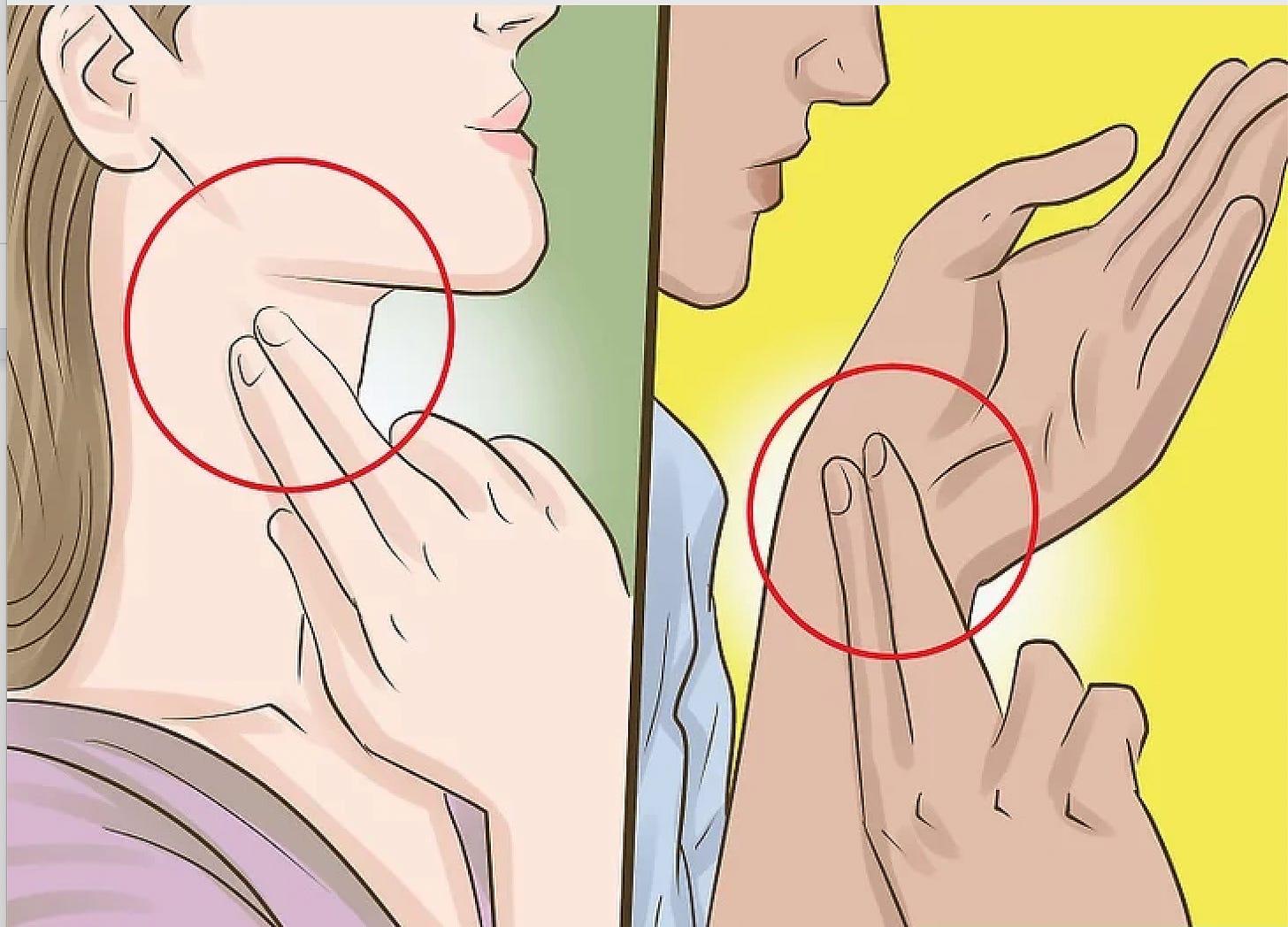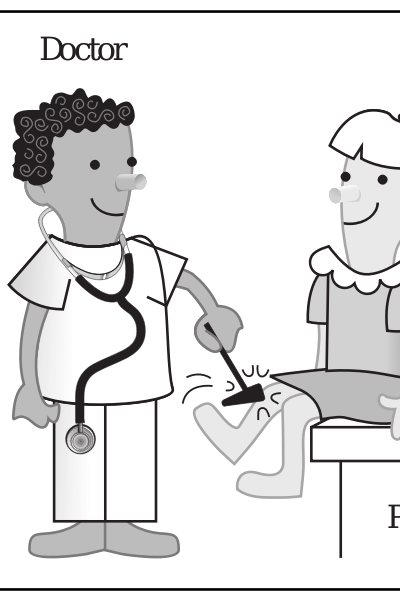Dear Classical Wisdom Kids,
One of our biggest requests from readers at the end of the year was to do a bit of a review… You see, there are so many wonderful lessons from the ancient world and simply not enough time to get through all of them!
So today I thought we would revisit the “Father of Medicine”, Hippocrates, pronounced: huh·po·kruh·teez.
(Personally, I think it’s handy to know this at the beginning of the lesson... just in case you are used to reading a word rather than saying it out loud...)
Hippocrates is famous for so many wonderful contributions to the field of medicine... in fact, too many! It is now thought that the reason we attribute so much to him is because all the books related to the Hippocratic School were labeled under ‘Hippocrates’ at the famous Library of Alexandria.
So... he, as one individual, probably did not do ALL that he is said to have done. Nonetheless, he did start the school and it is handy to put a ‘face to a name’. So we’ll continue to label these remarkable discoveries and observations as ‘Hippocrates’, just as the ancient Alexandrians once did.
I should note - there were other doctors and healers throughout the world, Hippocrates was not the first! But he is still considered the “Father of Medicine” by many, because of his lasting contributions.
Read on to learn his amazing innovations in the field of medicine, below.
NB: You can help support our Classics Outreach Mission for the next generation (as well as enjoy our FULL resources, including printable worksheets, game ideas and online events), by becoming a member today. I’ve included some more today, so you can get an idea of what our Kids Club involves…
You can also Donate a Subscription to those who can’t afford it, or Gift a Subscription to someone specifically here.
All the best,
Anya Leonard
Founder and Director
Classical Wisdom and Classical Wisdom Kids
Hippocrates: The Father of Medicine
Hippocrates was born on the Greek island of Kos around the year 460 BC. He is known as the “Father of Medicine” because he started the Hippocratic School of Medicine. With his ideas about healing and the role of the doctor, Hippocrates influenced western medicine for thousands of years.
Before, when people were sick, they did not go to a doctor, but rather to a temple to pray. Hippocrates was thought to be one of the first people to think diseases happen naturally. He said people got sick from things like diet and lifestyle, rather than a punishment by the gods. This separation of medicine from religion made the study of disease and cures possible.
Hippocrates said doctors should act like professionals. They should be well-kempt, serious, understanding and honest. They should have a clean room and instruments for their work, and follow techniques for helping people. Importantly, they should always make sure their fingernails are clean and trimmed! (A good lesson for us all… doctors and non-doctors alike!)
The Hippocratic school taught the importance of careful observations and taking notes. Hippocrates made many notes of patients’ symptoms, including pulse, fever, complexion and pains. He included family history of illnesses and environment in order to understand his patient’s problem.
Hippocrates' philosophy also focused on the “healing power of nature”. The idea is that the body can do a lot of healing itself. It is the job of the physician then, to not get in the way, but rather help the recovery with good food, cleanliness and lots of rest. This is a famous saying in Latin and English:
“Primum non nocere”
“First, do no harm”
A perfect example is a broken leg. The bone can heal itself, so the physician should set up a brace to help the patient stay still. Ancient doctors often used the Hippocratic bench, shown above, to keep someone still but also to help relieve pain.
Perhaps the good doctor’s most famous contribution is the Hippocratic Oath. This is an oath taken by doctors saying that they will be ethical in treating their patients, that they won’t hurt them and that they will keep their information private. It has important ideas we still use today, such as doctor-patient confidentiality.
The Hippocratic school, with its lessons on honesty, cleanliness, observation and patient care improved the field of medicine, saving many lives along the way.
Let Little Readers Read!
Download the PDF of the story and activities (along with a Word Bank HERE):
Review:
What was medicine like before Hippocrates?
Why was Hippocrates considered the “Father of Medicine”?
What are some of the things a good doctor should do… and not do?
Discussion:
Why do you think cleanliness is so important? What else can you do to make sure you are very clean?
What sort of diet and lifestyle can make you sick? What diet and lifestyle can make you healthy?
What would you include in the Hippocratic Oath? What should all doctors promise to do?
Activities:
Find your pulse. Use your pointer and middle finger and press gently on the side of your throat or on your wrist. Count how many times you feel the pulse in ten seconds. Times that by 6! Or count how many times you feel the pulse in one minute.
Is your pulse easier to locate on your wrist (radial) or on your throat (carotid)?
*NB: Don’t push on your throat too hard!
Play Hippocrates! Two important rules for doctors, according to Hippocrates, were cleanliness and note-taking. Before you begin, do you know how to make sure your hands are very clean? Next, make sure to take observational notes. You can be the doctor to your toys, plants or pets. Look for the pulse, fever, complexion and pains. Use the attached Observation chart to help!
Group Game Ideas
(Games created by Elizabeth Smith):
Time to Time Travel
You have time traveled back to Ancient Greece. You have left your modern day world of medicine and health care - to find yourself an assistant in training to Hippocrates. Well done! How exciting!
As you and Hippocrates make your way through the town you come upon various Greeks with health care needs.
Hippocrates has decided to grab a snack. He has left you in charge.
Rules of the Game:
This game involves notecards.
Choose one player to play the part of Hippocrates’s assistant. The other players are the sick Greeks. Each sick Greek has a notecard with a list of symptoms. The Symptoms notecards will be written prior to the starting of the game.
The sick Greeks act out the symptoms on their notecards. As Hippocrates’s assistant observes each sick Greek - the assistant will - in true Hippocrates form - offer treatment. Treatments are based on exercise, nutrition, and lifestyle modifications.
If the assistant fails to offer treatment- or a treatment that seems fitting - the sick Greek takes the place of Hippocrates’s assistant.
Youth can write their own Symptoms Cards. Or youth can just act out symptoms if they do not wish to write. Symptoms suggestions: Broken leg, upset stomach,
This game offers an opportunity for conversation regarding healthy lifestyle choices.
Go Further!
(For Adults and older kids)
Keep reading with a 7-day free trial
Subscribe to Classical KIDS to keep reading this post and get 7 days of free access to the full post archives.









